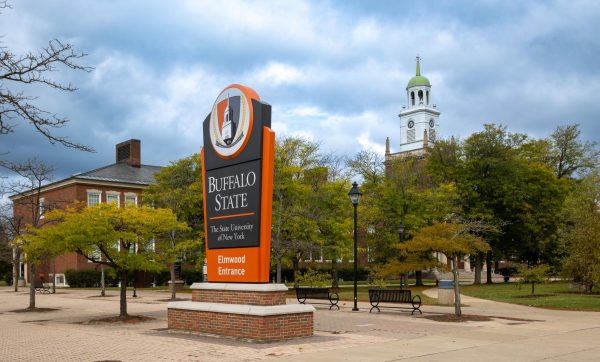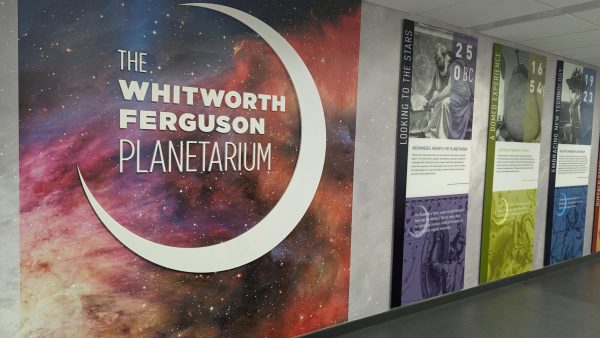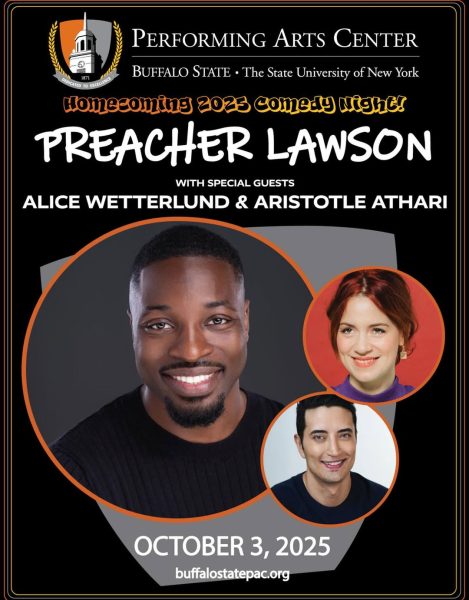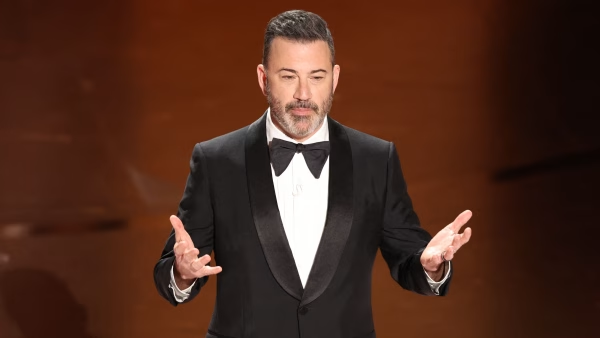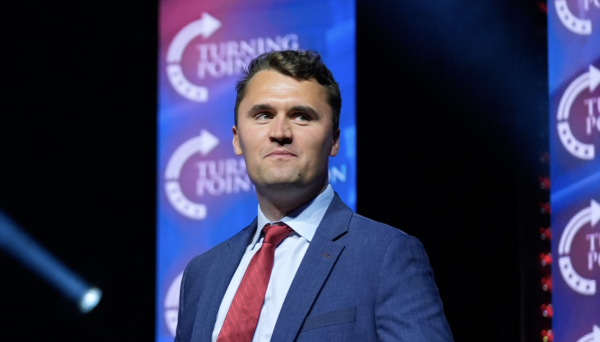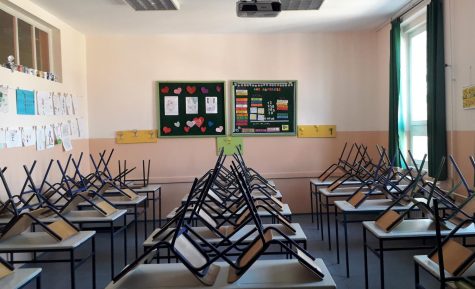Opinion: An uninformed electorate is threatening to domestic and foreign policy
An informed electorate is vital to making impactful decisions on domestic matters and foreign policy. Without an informed public applying pressure to their government officials and holding them accountable for their actions, policies will be made and enforced without the public getting a say.
Disinformation is information that is either wrong or more often one-sided and void of important, diverse viewpoints. James Strong writes about indexing in his article, “Two-Level Games beyond the United States: International Indexing in Britain during the Wars in Afghanistan, Iraq and Libya, Global Society.” Strong defines indexing as reporters only using information from prominent official and politicians. Those politicians have their own agenda that they are pushing through the story and onto the reader. Information must come from all sides and different levels of power and prominence in order to know the whole story. Disinformation can also come when the news is heavily one-sided and possibly even opinionated. Fox News is known for its largely republican reporting and highlighting stories that conservatives will favor. MSNBC is known to be principally liberal. Two different news organizations on two different ends of the political spectrum may tell the same story with completely different angles, leading the reader or watcher to support their opinion.
In Sulaiman-Hill’s article, “Changing Images of Refugees: A Comparative Analysis of Australian and New Zealand Print Media 1998−2008,” the author studies framing of different stories and which stories are chosen in media are crucial in how the public perceives the news and subjects in the news. The author looked at the public perception of refugees, both Muslim and non-Muslim in both Australia and New Zealand. New Zealand media tended to shed a more positive light on Muslim refugees than Australian media. New Zealand had more human interest stories, portraying refugees as real people instead of just an out-of-touch group of people, which affected how the public perceived Muslim refugees.
Disinformation spread by American media can be injurious to people both domestically and internationally. In recent history, disinformation is a large part is a leading cause of Donald Trump winning the presidential election. Trump’s voter base is largely Fox news listeners, many listening to right-wing opinion internet show “Info Wars” and reading a right-wing opinion blog called “Breitbart.” The disinformation that lead to and spread ideas like the “birther movement” (Claiming former President Barack Obama is secretly a Muslim and not born in the United States), Democrats wanting to ban all guns and Mexican immigrants coming over and raping people, all had major influence on the election, among other “alternative facts.”
Much of the public has supported building a wall on the US/Mexican border to keep Mexican immigrants out. Many have also supported a travel ban from predominantly Muslim countries, which recently has gone into temporary effect. Both of which were Trump campaign promises. Trump recently decided to acknowledge Jerusalem as the capital of Israel and wants the U.S. embassy moved there from Tel Aviv. These major foreign policy moves have in part been due to pressure from Trump’s base, which has been shown to heavily consume biased, one-sided, right-wing news. Trump has called all news outlets that are not right-leaning “FAKE NEWS” and continues to do so on Twitter multiple times a week, leading many of his supporters to not trust other news sources or get a variety of viewpoints.
What are we to do in a political climate like today’s, when people are not consuming news from multiple outlets and are essentially putting their fingers in their ears and shouting “no!”?
As a certain white-gloved “King of Pop” singer says, “it starts with the man in the mirror.”
While one average, single person cannot do a lot to move an entire faction of people to pay closer attention to the news, we can pay closer attention ourselves. By consuming the news every day, from multiple sources, we inform ourselves. Through informing ourselves, we can inform our family, friends and peers. Many use social media as a means to share important articles and start stimulating discussions (many use it to spread uninformed opinions passed off as news as well). By continuing to fight for truth and facts, we can make a difference.
“Democracy dies in darkness…”

Francesca Bond is an undergraduate student at SUNY Buffalo State. She has a major in Journalism and a double minor in Sociology and Political Science....




